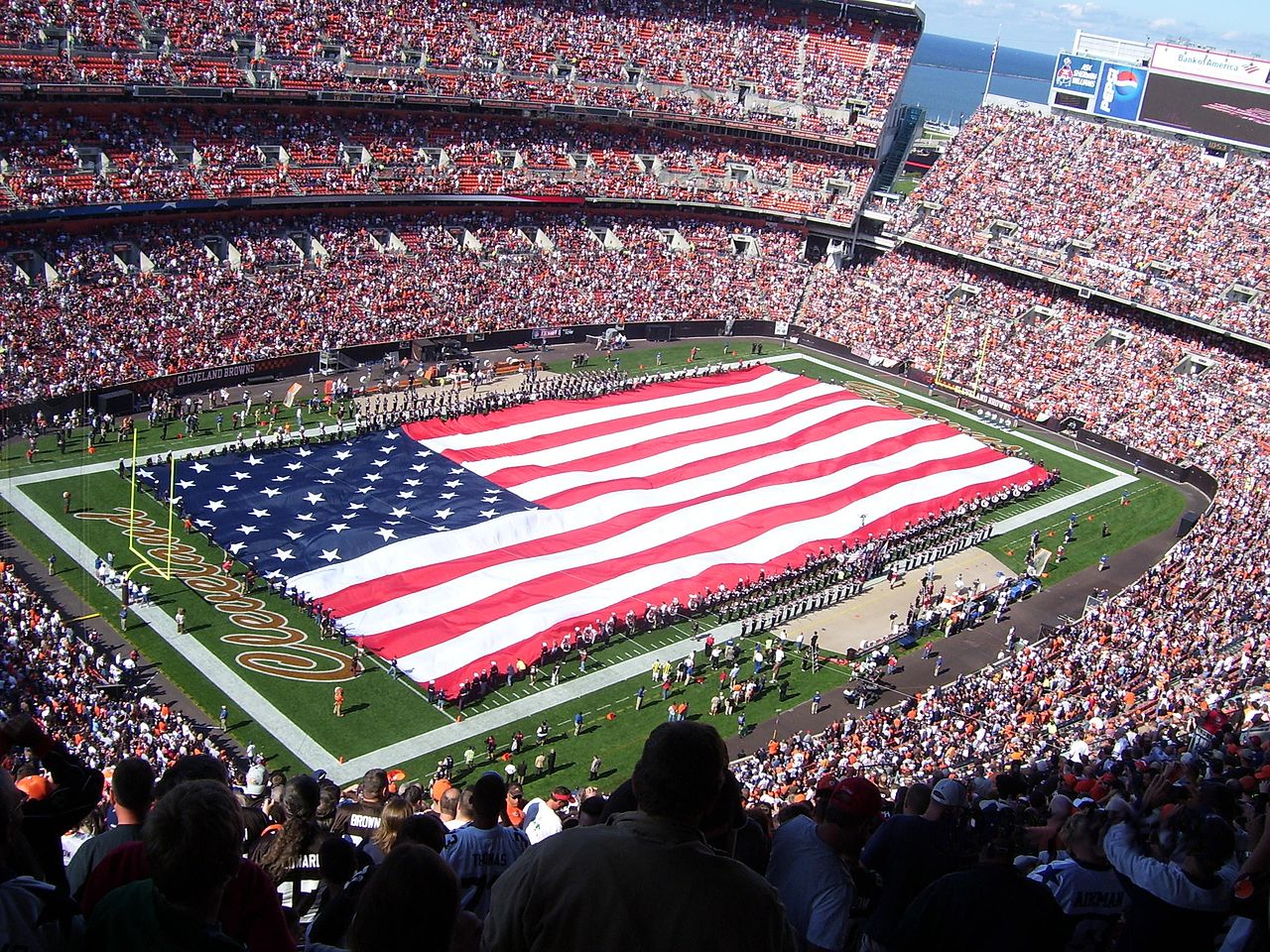I’m pleased to publish this piece from Michael Graham. It’s a bit meandering, but what it does well is define terms, place the debate within a broader context, and walk through the steps of the argument needed to understand the issue and make the necessary points. One of the difficulties with things like the NFL flag protests is that there’s a hundred different things influencing the story and many of us do not take the time to understand those contributors factors. Michael’s piece is very helpful toward that end.
Login to read more
Sign in or create a free account to access Subscriber-only content.
